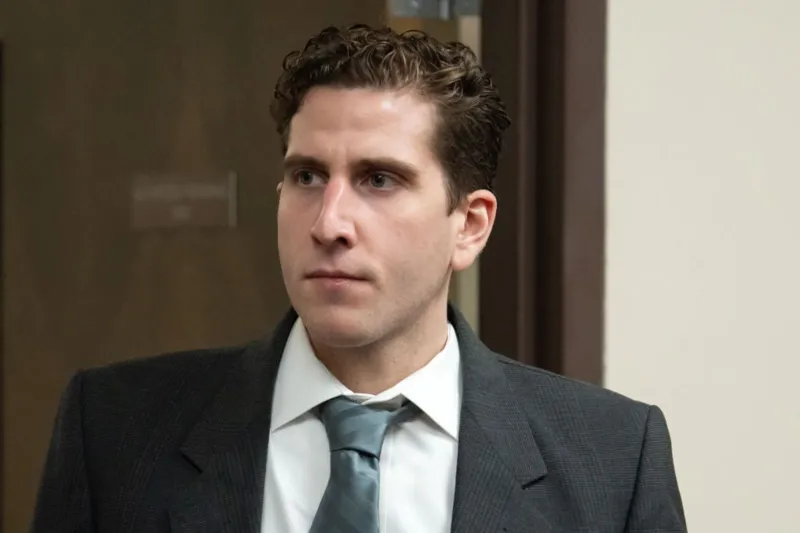An Idaho judge has decided to move the upcoming murder trial of Brian Kohberger, the suspect in the 2022 killings of four University of Idaho students, to a new location. The decision comes after Kohberger’s defense team argued that local jury bias and extensive media coverage would prevent a fair trial at the original site.
Why the venue change?
Judge John Judge, who is overseeing the case, granted the motion for a change of venue, acknowledging the intense media scrutiny surrounding the trial. Kohberger’s defense argued that the local jury pool could be influenced by the highly publicized nature of the case, which could affect their impartiality.
In a statement, Judge Judge noted the courthouse’s limited resources and the challenges of conducting a fair trial in a small town. He emphasized that extensive and often sensational media coverage has significantly influenced public opinion, which could undermine the fairness of the trial process.
The new location for the trial has not yet been determined, but it will take place in June 2025. This decision illustrates the complexities of managing high-profile cases, where public interest and media attention can pose challenges to the judicial process.
Case Background
The case centers around the tragic murders of Kaylee Goncalves, Ethan Chapin, Zana Kernodle, and Madison Mogen, who were found dead in their off-campus residence in Moscow, Idaho, just days before Thanksgiving in 2022. The brutal nature of the crime caused an uproar in the college community.
Brian Kohberger, a graduate student in criminology from Washington State University, was arrested in his home state of Pennsylvania in December 2022. Kohberger maintains his innocence through his legal representation and is preparing to face trial.
Defense and Prosecution Arguments
Kohberger’s defense team argued that the high level of media attention and resulting local bias would compromise their client’s right to a fair trial. They pointed out that the intense coverage included both neutral reports and sensational stories, which could potentially influence public perception.
Prosecutors opposed the venue change, suggesting that any potential bias could be minimized by an intensive jury selection process. They proposed that a larger group of jurors, carefully screened, could ensure a fair trial. Prosecutors have also highlighted the substantial evidence they claim links Kohberger to the crime scene, including DNA evidence and items seized during a search of his home, such as knives, Glock pistols, and a white Hyundai Elantra.
Influence of media and public interest
The case attracted widespread attention, with online detectives and true crime enthusiasts speculating about details of the murders even before Kohberger’s arrest. This intense public scrutiny has added another layer of complexity to the case, making it a challenge for both the defense and the prosecution.
The decision to move the trial reflects the judicial system’s attempt to manage the impact of media coverage and public opinion on high-profile cases. By moving the trial, the Court aims to minimize local bias and ensure that Kohberger receives a fair and impartial trial.
Next Steps in the Legal Process
Since the trial has been rescheduled for June 2025, both the defense and the prosecution will continue to prepare their cases. The transfer of the trial will require adjustments in logistics and planning, including the selection of a new jury and the establishment of appropriate facilities to handle the high-profile nature of the case.
The possibility of a death penalty adds significant weight to the proceedings, making the trial even more significant. The outcome of the trial will affect not only the accused but also the families of the victims and the community deeply affected by the crime.
Conclusion
The decision to move Brian Kohberger’s trial to a new location underscores the challenges in managing high-profile criminal cases. With extensive media coverage and public interest, all factors that can influence the judicial process need to be carefully considered to ensure a fair trial. As the new hearing date draws closer, all eyes will be on the proceedings to see how the case unfolds in its new venue.
